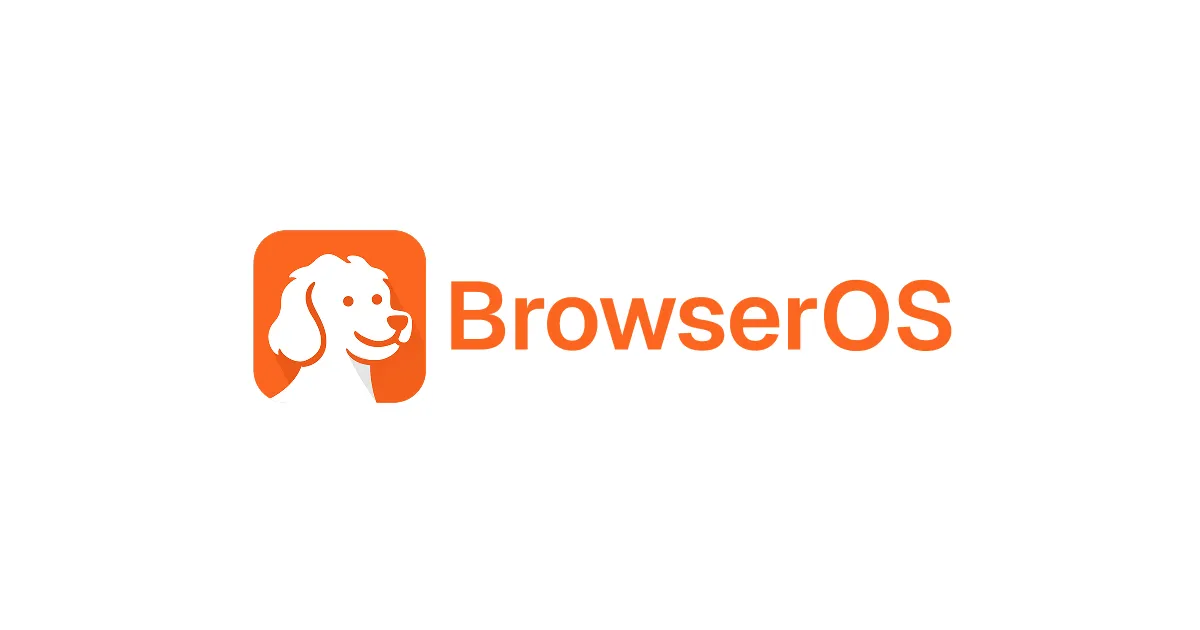BrowserOS
Open-source AI-native browser with automation agents
BrowserOS is an open-source, AI-native browser that transforms how users interact with the web by embedding intelligent automation agents directly into the browsing experience. Unlike traditional browsers, BrowserOS enables users to automate complex web tasks using plain English commands, such as "find software engineers from my LinkedIn requests and add them to a Google sheet," while maintaining complete privacy and local processing control.
Built as a Chromium fork, BrowserOS addresses critical limitations of existing browser automation solutions by providing access to logged-in sessions and running entirely on local machines. This privacy-first approach ensures sensitive business data never leaves your computer, making it suitable for enterprise environments where data security is paramount. The browser supports both cloud API integration and fully offline operation using local AI models like Ollama.
The platform excels at automating tedious browser-based workflows that consume 60-80% of knowledge workers' daily activities. From extracting data from dashboards and filing expense reports to setting up advertising campaigns and managing customer relationship systems, BrowserOS eliminates repetitive clicking and typing through intelligent automation agents that understand context and user intent.
BrowserOS stands out in the competitive landscape by offering a unified solution that combines browser automation, AI assistance, and privacy protection without vendor lock-in. The open-source nature allows enterprises to customize the platform for their specific workflows while maintaining full control over their automation infrastructure and data processing.
With over 4,300 GitHub stars and 25,000+ downloads, BrowserOS has demonstrated strong developer adoption and community support. The active Discord community of 1,000+ members provides collaborative development and real-world use case sharing, creating a robust ecosystem around agentic browser automation.
Key Features
- Local AI Processing: Run automation agents entirely on your machine using your own API keys or local models like Ollama for complete privacy control
- Plain English Commands: Describe complex web tasks in natural language and watch AI agents execute them through clicking, typing, and navigation
- Logged-in Session Access: Automate tasks within your authenticated accounts across Gmail, LinkedIn, Salesforce, and enterprise web applications
- Open Source Architecture: Full transparency with customizable Chromium-based codebase, avoiding vendor lock-in and proprietary limitations
- Enterprise-Ready Privacy: No data transmission to third-party servers, making it suitable for organizations with strict data security requirements
Who This Is For
- Enterprise IT teams and developers building internal automation workflows for business processes across web-based enterprise software and SaaS platforms
- Knowledge workers and business analysts who spend significant time on repetitive browser tasks like data extraction, form filling, and cross-platform data management
- Privacy-conscious organizations in healthcare, finance, and government sectors requiring local data processing and avoiding cloud-based automation dependencies
Common Questions
Q: How does BrowserOS maintain privacy compared to cloud-based browser automation tools?
A: BrowserOS processes everything locally on your machine using your own API keys or offline AI models, ensuring no sensitive data is transmitted to external servers.
Q: Can BrowserOS access my logged-in accounts for automation?
A: Yes, unlike remote automation tools, BrowserOS runs on your local machine and can access your authenticated sessions across Gmail, LinkedIn, and other web applications.
Q: What makes BrowserOS different from existing browser automation frameworks?
A: BrowserOS combines natural language task description, local AI processing, and direct browser integration in a single open-source solution, eliminating the need for multiple tools.
Q: Does BrowserOS require programming knowledge to create automation tasks?
A: No, BrowserOS is designed for non-technical users who can describe tasks in plain English, though developers can extend functionality through the open-source codebase.
Pricing Model
Free

